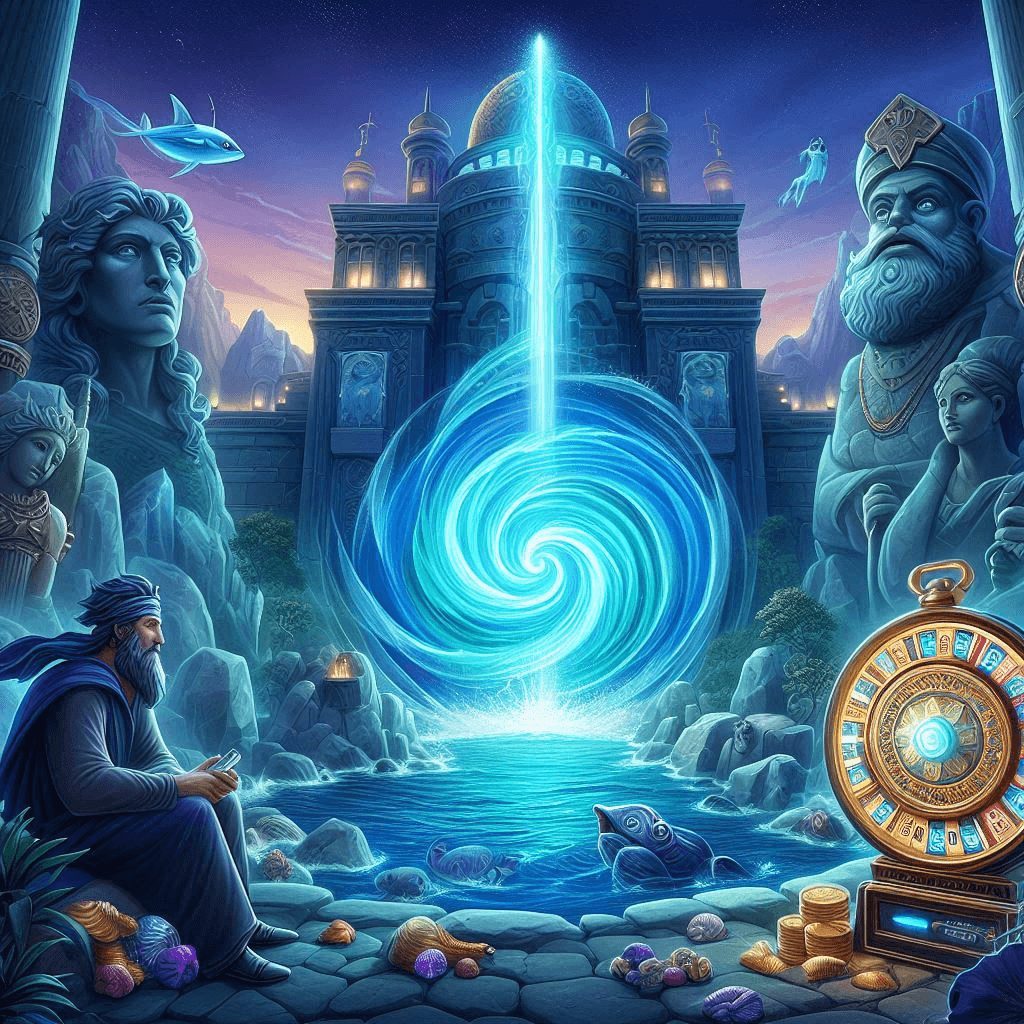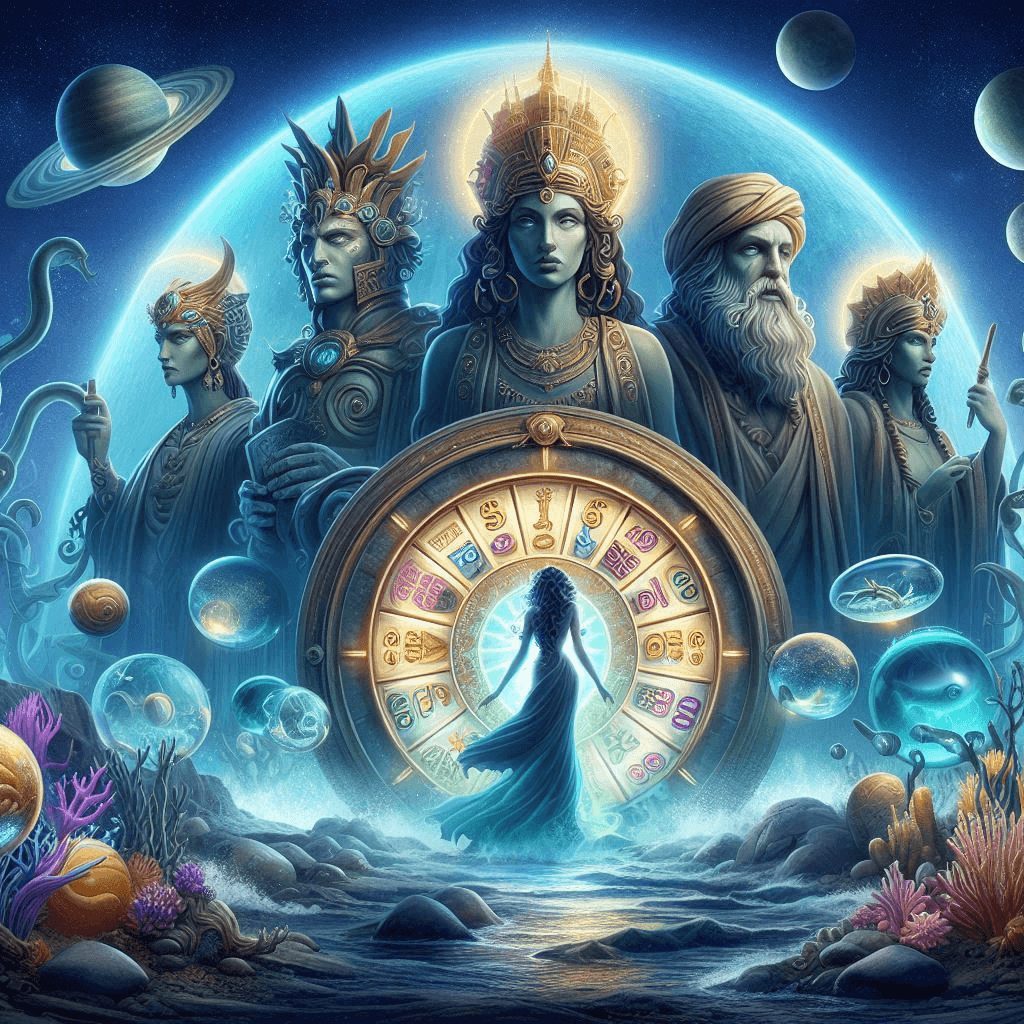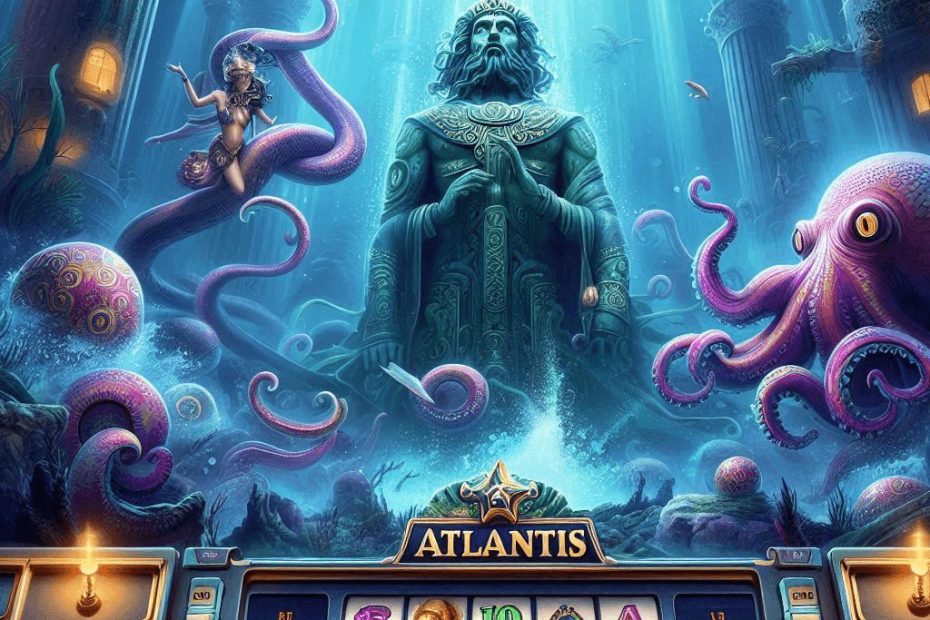The lost city of Atlantis Free Spins has long been a subject of fascination and speculation, captivating the imaginations of people around the world. Shrouded in mystery and intrigue, the story of this legendary underwater civilization has sparked countless debates, theories, and adventurous quests to uncover its hidden secrets. In this article, we will delve deep into the captivating world of Atlantis Free Spins, exploring the latest discoveries and insights that have the potential to finally unlock the true nature of this enigmatic place.
The Atlantis Free Spins Enigma
The legend of Atlantis can be traced back to the ancient Greek philosopher Plato, who first described the city in his dialogues “Timaeus” and “Critias.” According to Plato, Atlantis was a powerful and prosperous island civilization that flourished around 9,600 BC. He described it as a technologically advanced society with a highly developed culture, boasting impressive architecture, advanced transportation systems, and a thriving economy.
However, the story takes a dramatic turn as Plato recounts the downfall of Atlantis Free Spins. He describes how the city was ultimately submerged beneath the waves, disappearing beneath the surface of the ocean, never to be seen again. This catastrophic event has fueled countless theories and speculation, with scholars and enthusiasts alike attempting to unravel the mystery of what truly happened to this lost civilization.
Theories and Hypotheses
Over the centuries, numerous theories have emerged to explain the fate of Atlantis. Some scholars believe that the city was a real historical place, while others argue that it was purely a work of fiction. Here are some of the most prominent theories:
- Geological Explanations: One school of thought suggests that Atlantis was a real island that was destroyed by a natural disaster, such as a volcanic eruption or a massive earthquake. These events could have led to the sudden submergence of the island beneath the waves.
- Mythological Interpretations: Other scholars view Atlantis as a metaphorical or symbolic representation of the human condition, with the island’s downfall representing the inevitable rise and fall of civilizations.
- Extraterrestrial Connections: Some researchers have proposed that Atlantis was an advanced extraterrestrial civilization that was ultimately destroyed, either by a natural calamity or by their own technological hubris.
- Atlantis as a Parallel Universe: A more recent theory suggests that Atlantis may have existed in a parallel universe, and that its submergence was a result of interdimensional shifts or the collapse of a wormhole.
- Atlantis as a Metaphor for Climate Change: In the modern era, some scholars have interpreted the Atlantis legend as a metaphor for the impact of climate change and rising sea levels on human settlements.


The Search for Atlantis Free Spins
The search for the lost city of Atlantis Free Spins has captured the imagination of adventurers, archaeologists, and explorers for centuries. Numerous expeditions have been launched, using a variety of technologies and techniques to try to locate the elusive civilization.
One of the most promising recent developments in the search for Atlantis Free Spins has been the use of advanced underwater mapping and imaging technologies. Researchers have been able to scan the seafloor in areas where Atlantis is believed to have been located, uncovering intriguing clues and potential evidence of submerged structures.
In 2020, a team of scientists from the University of Hartford reported the discovery of a mysterious underwater “city” off the coast of Spain, near the Strait of Gibraltar. The team used high-resolution sonar and other imaging techniques to identify what they believe could be the remnants of Atlantis, including vast, interconnected stone structures and intricate road systems.
While the findings are still being analyzed and debated, the discovery has reignited the search for Atlantis, with researchers around the world eager to explore the area further and uncover more definitive evidence of the lost civilization.
Technological Advancements and the Search for Atlantis
The search for Atlantis Free Spins has been greatly aided by the rapid advancements in technology over the past few decades. From deep-sea exploration vehicles to advanced satellite imaging, a wide range of cutting-edge tools and techniques are now being employed to uncover the secrets of the lost city.
One of the most significant developments in the search for Atlantis Free Spins has been the use of high-resolution sonar and other underwater imaging technologies. These methods allow researchers to map the seafloor in unprecedented detail, revealing the presence of potential submerged structures, ruins, and other clues that could lead to the discovery of Atlantis.
In addition to underwater exploration, researchers have also been utilizing satellite imagery and aerial photography to scour the ocean’s surface for any signs of the lost civilization. By analyzing data from these sources, scientists have been able to identify potential locations where Atlantis may have been situated, guiding further underwater investigations.
Furthermore, the development of advanced mathematical modeling and simulation techniques has enabled researchers to recreate the potential geography and environmental conditions of Atlantis Free Spins, providing valuable insights into the city’s layout, infrastructure, and potential fate.
The Potential Discovery of Atlantis and its Implications
As the search for Atlantis Free Spins continues to evolve, the potential discovery of this lost civilization could have far-reaching implications for our understanding of human history, culture, and the development of advanced societies.
If Atlantis is indeed found, it could provide a wealth of information about the technological and cultural advancements of ancient civilizations, challenging our conventional understanding of the past. The discovery of Atlantis could shed light on the development of early engineering and architectural techniques, as well as the societal and political structures that underpinned this advanced civilization.
Moreover, the discovery of Atlantis Free Spins could also have profound implications for our understanding of the natural world and the impact of environmental changes on human societies. The fate of Atlantis, as described by Plato, could offer valuable insights into the consequences of natural disasters, climate change, and the fragility of even the most technologically advanced civilizations.
The potential discovery of Atlantis Free Spins could also have significant cultural and social implications, capturing the imagination of people around the world and inspiring new avenues of research, exploration, and creative expression. The unearthing of this lost civilization could challenge our existing narratives and encourage us to reconsider our place in the grand sweep of human history.
Conclusion
The search for the lost city of Atlantis Games has captivated the human imagination for centuries, fueling countless theories, expeditions, and ongoing investigations. As the latest technological advancements continue to shed new light on this enigmatic civilization, the potential discovery of Atlantis Free Spins could fundamentally alter our understanding of the past and provide valuable insights into the resilience and adaptability of human societies in the face of environmental and natural challenges.
Whether Atlantis Free Spins is ultimately proven to be a real historical place or a symbolic representation of the human condition, the pursuit of its secrets remains a compelling and enduring quest that has the potential to unlock profound mysteries and reshape our collective understanding of the past, present, and future.
FAQs
-
What evidence suggests that Atlantis was a real historical place?
The primary evidence for the existence of Atlantis comes from the writings of the ancient Greek philosopher Plato, who provided detailed descriptions of the island civilization. While Plato’s accounts are often viewed as allegorical or mythological, some scholars argue that they were based on real historical events and places.
-
Where is Atlantis believed to have been located?
The location of Atlantis has been the subject of much debate and speculation. Based on Plato’s descriptions, the most commonly proposed locations include the Mediterranean Sea, the Atlantic Ocean near the Strait of Gibraltar, and the Caribbean region.
-
What technological advancements have aided the search for Atlantis?
The search for Atlantis has been greatly assisted by the development of advanced underwater exploration technologies, such as high-resolution sonar, remotely operated vehicles (ROVs), and satellite imaging. These tools have enabled researchers to map the seafloor and identify potential submerged structures that could be remnants of the lost civilization.
-
What are some of the alternative theories about the fate of Atlantis?
While the traditional narrative describes Atlantis as an island civilization that was submerged beneath the waves, there are alternative theories that suggest Atlantis may have been destroyed by natural disasters, such as volcanic eruptions or earthquakes, or that it may have existed in a parallel universe or dimension.
-
What would the discovery of Atlantis mean for our understanding of human history?
The discovery of Atlantis could have profound implications for our understanding of human history, culture, and technological development. If Atlantis is proven to have been a real and advanced civilization, it could challenge our existing narratives and encourage us to reconsider the capabilities and achievements of ancient societies.
